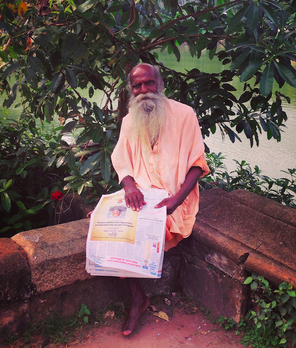
Male friends and relatives are extremely affectionate here. They walk around with their arm around each other or even holding hands. Yet you never really see physical contact or affection between men and women in public, even when they’re a couple.
Every single one of the waiters I’ve encountered is a man.
In fact, almost all of the professional or service jobs seem to be taken by men. With so many people, such high unemployment, and backwards cultural barriers to women in the workplace (or women’s rights at all) I’ve seen women selling fruit and working as cleaning ladies, but that’s it.
People in India go to Dubai for work. They pay a lot, their economy is booming, and it’s much easier to get a visa than the United States. The nice lady who was running my homestay (contradicting my previous statement completely) went over there for three months at a time once or twice a year to work. She had no friends or family there or any life outside of work, but it allowed her to make good wages to send back to her family in India so they could get a little ahead.
One consistent thing in the world – everyone is pissed at the U.S. because out visa process is so ridiculously hard, costly, and stringent, especially after 9/11. It’s nearly impossible for good, hard working people from poor countries to go there, even for student or work visas. While you may think this is just how it goes to protect our national interests, it’s ridiculously easy for U.S. citizens to get a visa to any other countries, and a flood of American companies set up on foreign soil to make money from those same poor people, or evade paying taxes back home.
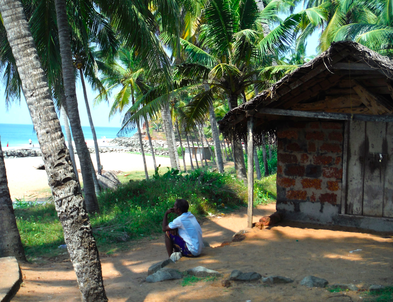
They say the NYPD is looking to hire more police officers of Indian descent so the young guy working at my home stay told me his dream is to go to America and New York to become a cop. However, he's only seen snow on TV and in the movies and thinks the cold and ice looks “nice”.
The dogs here are very happy and tranquil and there are a lot of them. They just curl up and sleep in the sun anywhere – on the beach, on the train track, or in the street. I was meditating (don’t laugh) and deep breathing and stretching on the beach this morning and a dog came right up and laid down next to me to chill.
Speaking of yoga, I took two classes. One was run by a teacher at an Ayurdic medicine center. I was supposedly for beginners but the pretzeling he was asking me to do was inhuman, and they he was confused why my body wouldn't comply. The second class was on the beach in the morning and consisted mostly of breathing and gentle movements, which I liked a lot better
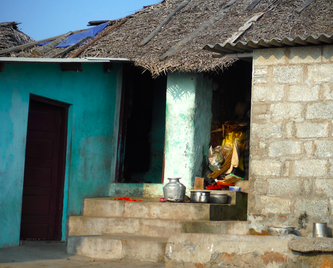
Some of the Indian hotels in the big cities are very expensive but really subpar, mostly inhabited by Indian businessmen. There’s no rhyme or reason to it, but when you go out to the nicer tourist areas, like by the beach, there are a lot nicer hotel options for a lot less money.
The countryside is beautiful. Once you get out of the cities and surrounding towns, the little backwater and forest villages are well worth checking out.
I saw something really shocking today. I was on the back of a motorbike on the way to the train station and we zipped through a countryside hamlet. As we passed, a skinny yellow dog – no bigger than a small mutt with ribs sticking out - took a running start and jumped right up on top of a 6-foot wall around a house, and then scrambled over. I’ve never seen a dog do that – it was so graceful it looked exactly like a cat might do, and his paws only touched the wall one time as made contact with the wall and vaulted over.
I know I’ve said it before, but the trains are madness. And the madness I’m witnessing is on the nicest upscale sleeper cars, not the 2nd class common passenger cars.
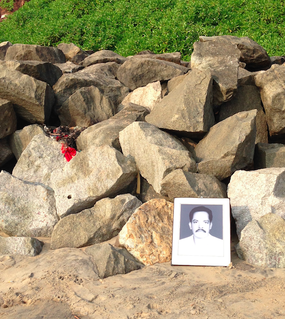
Shattering my stereotypes, there were a bunch of young Russian hippy backpackers running the clean up. I was assigned to a group with a really cool and really tall dude from Holland and a few others. I added the leader of the Russian volunteers on Facebook to keep in touch, and he proudly told me in broken English that he was called Jesus on social media, spelled Jeesoos.
We picked up all sorts of garbage on the beach for about an hour until our bags were full and our heads cooked from the sun. In all, the 12 volunteers gathered about 20 bags.
My group was assigned to the temple beach, which was the south end butting up against some rocky crags where a Hindu temple sat. So all sorts of Indian people came to the beach and worship and perform rituals. One of them was to honor their deceased relatives, so they’d make shrines on the beach of lit incense, coins, flower wreaths, and framed photos of their loved ones right by the rocks. So as we walked around picking up trash, we had to be careful not to collect things from these shrines or disturb them. It’s sort of eerie to see these sun and ocean faded portraits strewn about all over the beach.
At temple beach there are three huge burial mounds made from the sand (though no one is in them) with Indian religious men sitting on top of them, orange, white, and black ash on their foreheads, amidst smoking incense. People come and these old religious men bless them…for a fee.
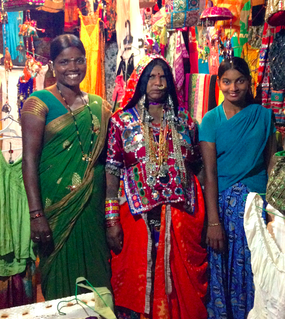
I’ve been eating vegetarian for two weeks now, save for prawns, fish, or squid a couple of times. With this abundance of amazing vegetable curries, I don’t miss meat one bit. In fact, I saw a dead plucked chicken today in a store and it really looked nasty.
The women dress absolutely beautifully in their sarongs, dresses, and traditional garb with bold colors and golden embroidery.
It’s so strange but there’s a ½ hour time difference to India: it’s 10 ½ hours ahead of New York. I’ve never heard of a ½ hour increment in time zones, but I guess Nepal has a 15-minute incremental difference!
Also, all of India is on the same time zone, though it’s huge.
So far, so good on the stomach front. I have suffered from “Delhi belly” at all, though I’ve been really careful what I eat and drink.
Good thing, because I’ve noticed hotels don’t provide toilet paper (I carry my own rolls anyway) though they sometimes provide soap. But don't count on it.
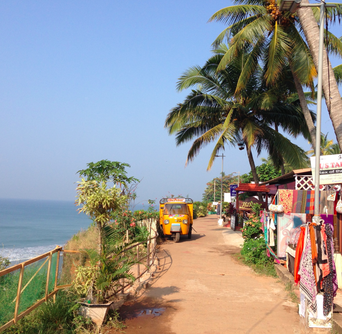
Speaking of toilets, there’s a real thing called “Flying Toilets” here. There are so few public toilets or even indoor bathroom facilities in poor homes, that a lot of common people just defecate into a plastic bag and then just throw it down a hill, into a vacant lot, or into an alley. So you actually have to be careful in some areas not to get hit with one of these flying toilets. The other day I saw a French lady who lives here chastising some teenage boys for throwing their flying toilets off a cliff by the sea.
They drive on the left side of the road here. Or, more accurately, they drive all over the friggin road including going the wrong way when a huge bus or truck is barreling our way, but they are supposed to drive on the left.
The bigger directional problem comes from people walking. For instance, we in the U.S. automatically also walk on the right and when someone is approaching, we move in that direction to let them pass. But Indians and some Europeans walk left with the same intention, and Russians just stand in the middle of it all blocking everyone’s way and not giving a rat’s ass.
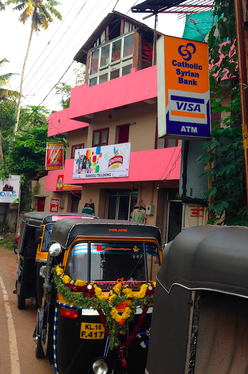
They call checking accounts “current” on most ATM’s all over the world.
There are two great institutions in India: the railways, which employ 1.4 million workers (more than the population of a few small countries) and the postal system.
My typical breakfast, at The Juice Shack overlooking the beach, consists of fruit, shredded coconut, yogurt, and honey, and also an omelet. I also get a big water and good coffee. That all costs me about $4.75 on average.
A good number of people here walk barefoot all day every day, even on the city streets, too poor to even afford shoes. A begging man at the train station was limping around with bloody bandages around his feet, which were afflicted with some terrible swelling it looked like. I can’t imagine the pain and worse, the hopelessness he experiences.
There are loads of beggars in the main cities like Mumbai, but in the tourist areas I’ve been too there are very few people begging. Those who are usually are infirm and helpless old people, sitting folding onto themselves in a pile of rags and filth, under the hot sun all day hoping someone takes mercy on them. I can’t describe the look of gratitude, love, and warmth they radiate when I’ve given them just a dollar or two.
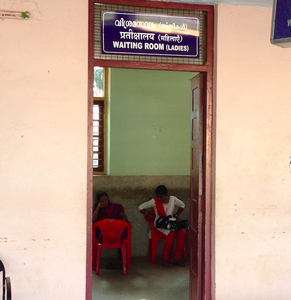
It’s interesting what I notice and how I feel after I went back to the U.S. for 6 months in between the traveling/living abroad life. This time, I want to document the daily minutiae of my life on the road more. So I’m going to try and take a photo of every single hotel room and place I stay in for the next 6 months.
At the train station, there was a room that was a waiting area only for ladies. I’m sure a place for women to have privacy, safety, and be able to care for their children or get a respite from public is greatly welcomed.
I like drinking milk tea in the afternoons. They serve it very hot in a little glass, and the glass is so hot, I don’t know how they pick it up. Or maybe I just need to toughen the F up a little.
Cheese Naan and butter Naan breads are so good its redunkulous. The vast majority of my meals consist of veggie curries and rice and Naan.
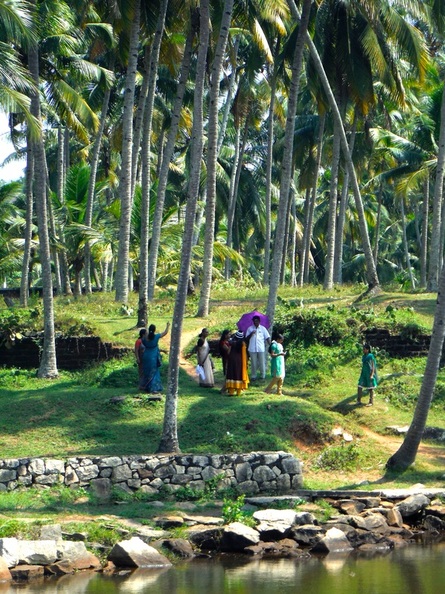
I grabbed my camera and a water bottle and took a walk last Sunday afternoon, getting lost on purpose. I walked for about three hours and found myself on a path that wound up and down the sea cliffs and beaches following the coastline heading north. I passed palm groves, shady meadows with cows, small rivers leading to the sea, grassy parks, and secluded black sand beaches. It was one of the most beautiful settings I’ve ever witnessed, and I was truly in the moment. Everything was green and blue. The sunlight reached inside me. I felt perfectly grateful just to be there and breathing. If I have only those moments, it will make the whole trip worth it.
By now, many of you know the term “Chicken Bus” to describe the common form of bus transportation in developing countries. But it occurred to me: since many parts of India are widely vegetarian, should we change the name from “chicken” bus to a more plant-based moniker? Soy Bus? Nah. I rode the Tofu Bus? Too Whole-Foodsy. How about the Curry Bus? Yeah, I like that one.
Like you see in many developing countries, vendors will all sell the exact same thing even though they’re all lined up together. I always tell my friends abroad - whether they’re beggars, street merchants, shopkeepers, or bar owners – to do something to differentiate themselves. I made friends with a Nepalese family in Varlkala who ran a shop and I told them they should serve free hot tea samples or have cultural dance shows or something to bring the tourists in, but of course they just look at me and smile and say: “So Sir Norm, you want to buy something?”
By the way, children work right along with the adults 10-14 hours a day or longer.
I hate goodbyes, so when I leave a place I don’t make a round of sappy and prolonged adieus, I just ghost. It’s better that way.
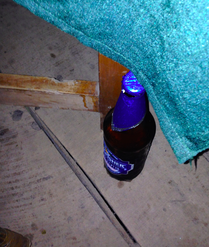
The few tourist restaurants that serve beers have to do so clandestinely, so they’ll sell you a liter bottle and then pour a bit into a coffee cup and hide the bottle under your table.
I’ve only had three beers I think in three weeks here. I had two small glasses of beer last night and I was buzzed! Hahaha. Then again, I’ve always been a lightweight.
I should read more but I’ve been watching a movie every night. I watched Bend it Like Beckham, Slum Dog Millionaire, and Million Dollar Arm while in India. Does that make me a racist? Or just a cultural retard?
You take off your shoes before you enter any shop, home, or religious site. It would be extremely rude and disrespectful to do otherwise.
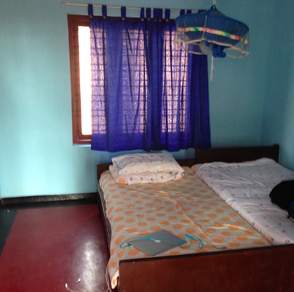
Bathrooms have a drain in the floor so there are no shower pans in most countries. The shower falls right into the room and then the floor just drains. Good system, actually.
I bought a mango ice cream the other day and walked about ten steps with it when a little poor Indian kid asked me if I’d buy him ice cream, so I just handed it to him without getting even a bite and walked on. Haha
They love cricket here, as well as field hockey, and football (soccer) the #3 sport. They play cricket on the beach every morning.
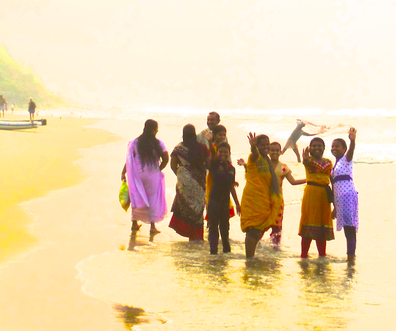
There is nothing better than watching the joy of these people as they play in the ocean. They wade out in groups, laughing, pushing each other, holding hands in a group, and collectively yelling like they were on a roller coaster at every new wave that crashes into them. They do this for hours. It's purely golden. have seen no greater pure joy. When I close my eyes I can still hear their laughter over the windy sway of the waves.
-Norm :-)
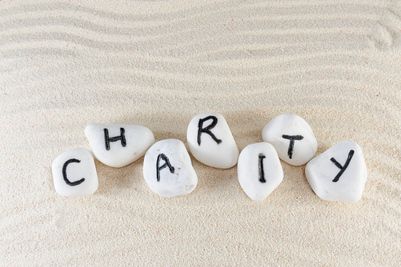
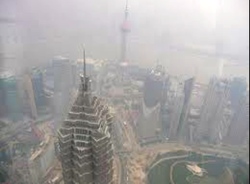
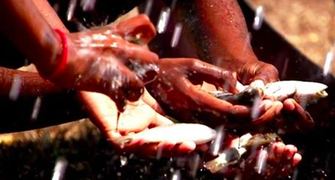
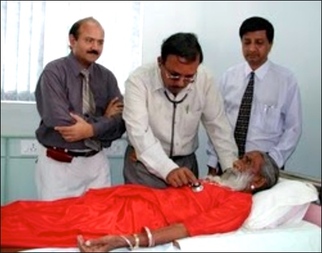
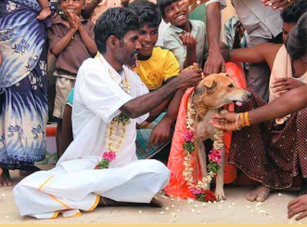
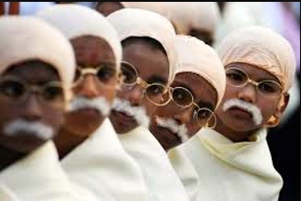
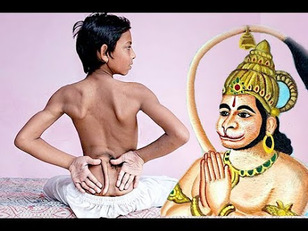
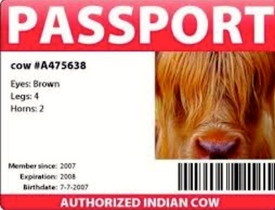
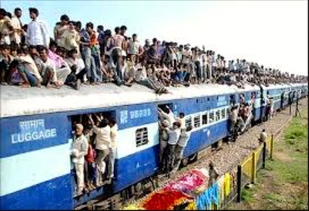
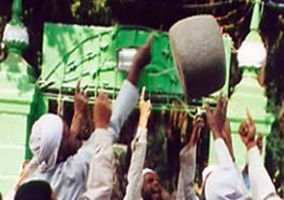
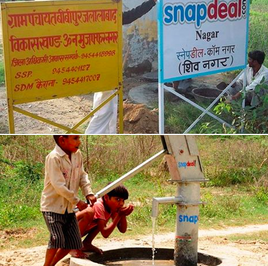
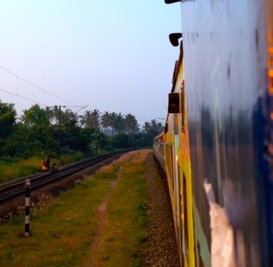
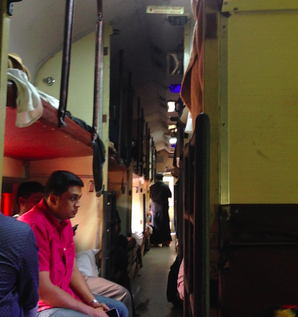
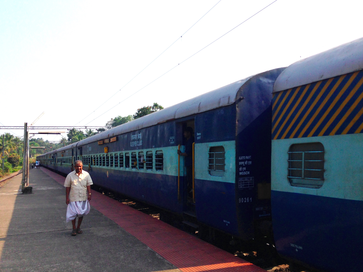
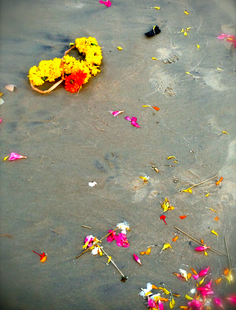
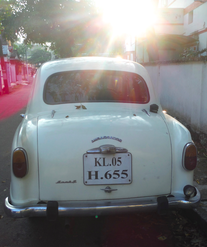
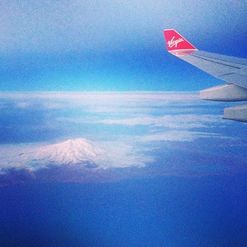
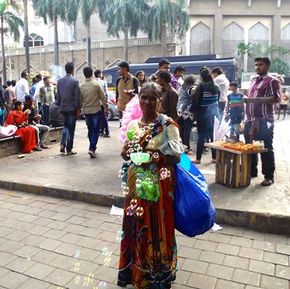
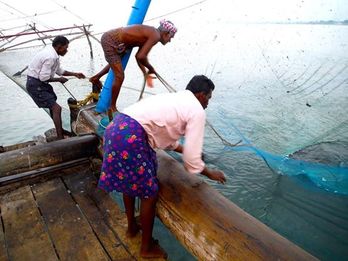
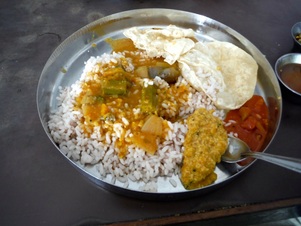
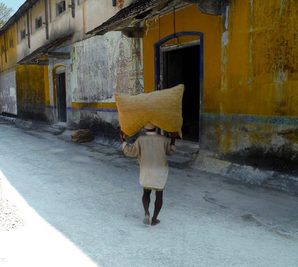
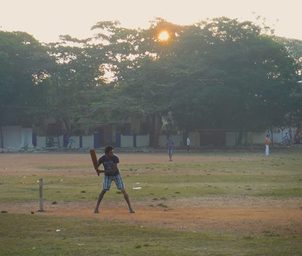
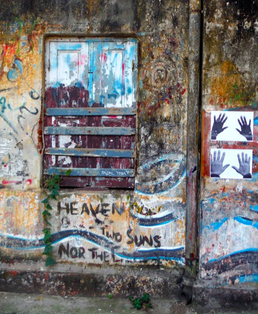
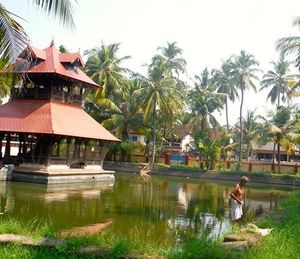
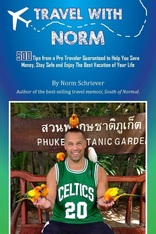
 RSS Feed
RSS Feed